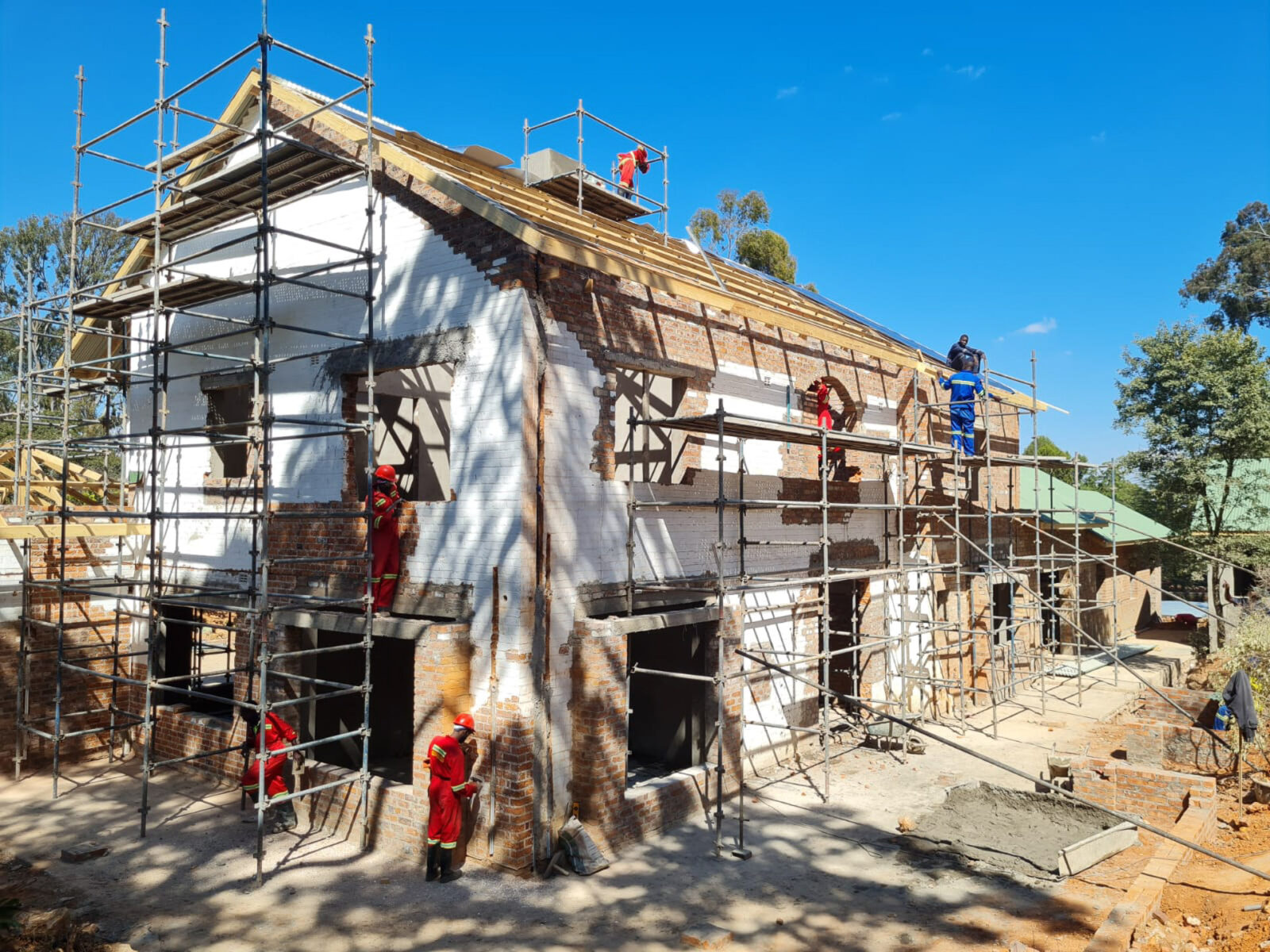With countless material choices, limitless finish options, varying textures, colours and veins – not to mention overall functionality, choosing your countertop may seem overwhelming.
Consideration of location, application, traffic, exposure to elements, functionality and aesthetics all need to be taken into account. It must also work well with the joinery it is designed to compliment.
Engineered Stone Worktops
Engineered Stone is currently the most utilized stone countertop in the world.
Advantages: Engineered stone countertops are heat and scratch resistant. Being virtually non-porous, most stains are removed with minimal cleaning effort. Consistency in colour and patterning, as well as an availability of varying finishes, all contribute to making this countertop a popular choice.
Timber Worktops
Timber worktops have been a standard in kitchen design for years, providing a timeless, classic look.
Advantages: Timber boasts the perfect balance between functionality and beauty. While providing a durable work area, every piece is natural and unique. Timber compliments most kitchen designs and is easily maintainable.
Disadvantages: Timber worktops require regular sealing to keep them in top condition. As a natural material timber expands and contracts as the moisture content changes due to weather. Your contractor must ensure the necessary steps are taken to secure your worktop so joint don’t crack open and the counter doesn’t warp over time.
Solid Surfacing Worktops
Solid surfacing worktops are a cost-effective and highly durable option.
Advantages: Solid surfacing is non-porous, making it the most hygienic option available. As there are no visible join lines, solid surfacing creates a seamless, magnificent finish. It can also be thermoformed, making it flexible enough to take on any shape. it is easily repaired and maintained through a simple repolishing process.
Disadvantages: Solid surfacing is fairly heat resistant, but extreme heat may leave a mark. A chopping board on this surface is essential as scratches occur fairly easily.
Marble Worktops (Natural Stone)
Evidence has shown that as far back as 400bc, marble has been used by mankind.
Advantages: Marble boasts the most magnificent colours, patterns and designs that are unique to every slab. They are bold and create beautiful focal points in the home.
Disadvantages: Unfortunately, this timeless beauty is prone to staining, mild scratching and at times, can chip or even crack. Marble should be installed in low traffic areas where aesthetic really counts.
Compact Laminate Worktops
Compact laminates worktops are an affordable, hassle free option with a variety of finishes.
Advantages: Compact laminates are extremely long lasting due to their stain, crack and scratch resistance. They are also non-porous, meaning the surface harbours little to no bacteria.
Disadvantages: Compact Laminates are limited when it comes to detailed designs including mitres and build ups. This surface works best on flat applications with simple butt joints.
Granite Worktops (Natural Stone)
Granite remains a classic surface and is widely used in beautiful farm/cottage style kitchens and fireplace surrounds.
Advantages: Natural granite is a timeless product that is also perfect for outdoor installations. It is hardwearing and because of its darker colours and movement is visually forgiving with stains and marks
Disadvantages: As granite has natural qualities, it tends to scratch, stain and chip more easily than engineered stone and is limited in lighter colour options. The wastage on quarrying of natural materials is very high.
Stainless Steel Worktops
Stainless steel gives an industrial, yet upmarket look to your kitchen.
Advantages: Stainless steel is easy to clean and extremely durable – with a life expectancy of up to 50 years. It is a very hygienic surface which makes it so popular in commercial applications.
Disadvantages: It is prone to scratching, and can make an area seem slightly cold. It dents fairly easily too, so bear in mind your surface looks ‘well used’ in a short matter of time. Joints are quite visible too.
Sintered Porcelain Worktops
Although this material has been available for years, the technology of engineering this product into a spectacular, high-quality countertop has only recently been perfected.
Advantages: Sintered porcelain is highly scratch resistant, heat resistant and suits outdoor applications. Faultless designs make this work top a futurist’s dream. It comes in thicknesses of 6mm, 12mm and 20mm which makes it appealing to the modern and minimalist designs. It is used widely in bathroom and exterior cladding.
Disadvantages: The South African processing market has yet to master and optimize the manufacturing of this product to the standards of its overseas counterparts, this can lead to untimely installations.
Offering a full turnkey solution from design to installation, Spotlight Joinery focuses on the high-end residential market in Cape Town, surrounds as well as exporting across Africa. Our team of professionals will deliver quality, locally manufactured joinery, on time. Contact connect@spotlightjoinery.co.za to find out more.



